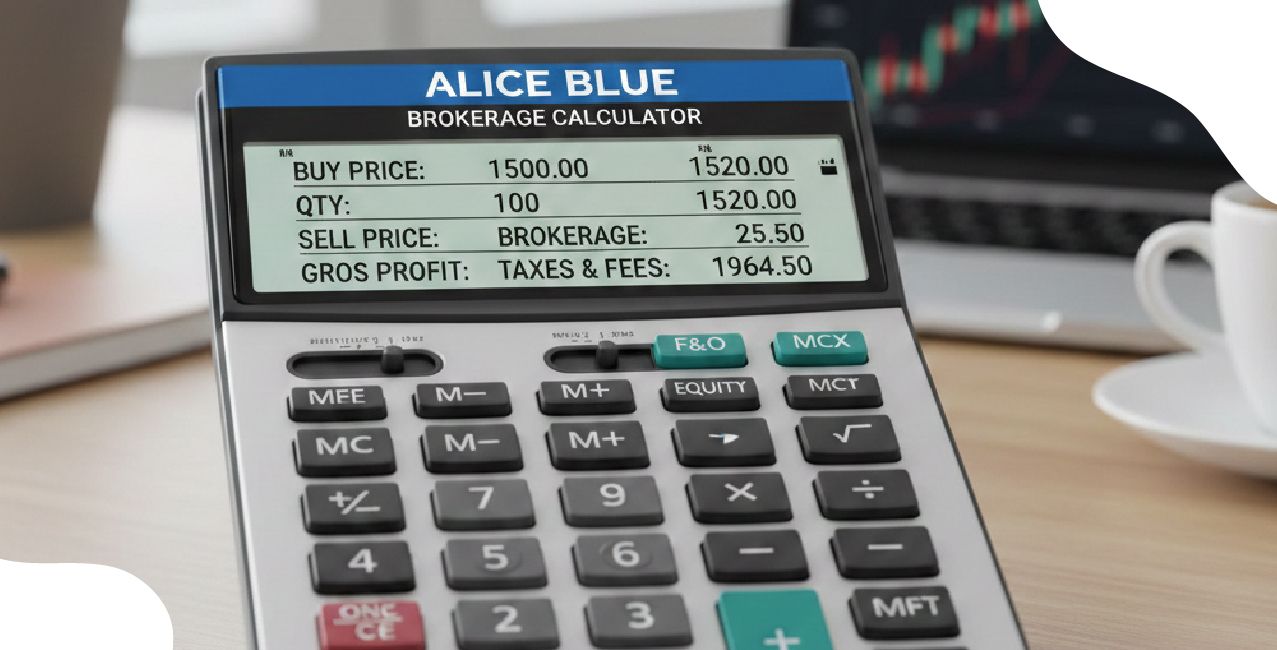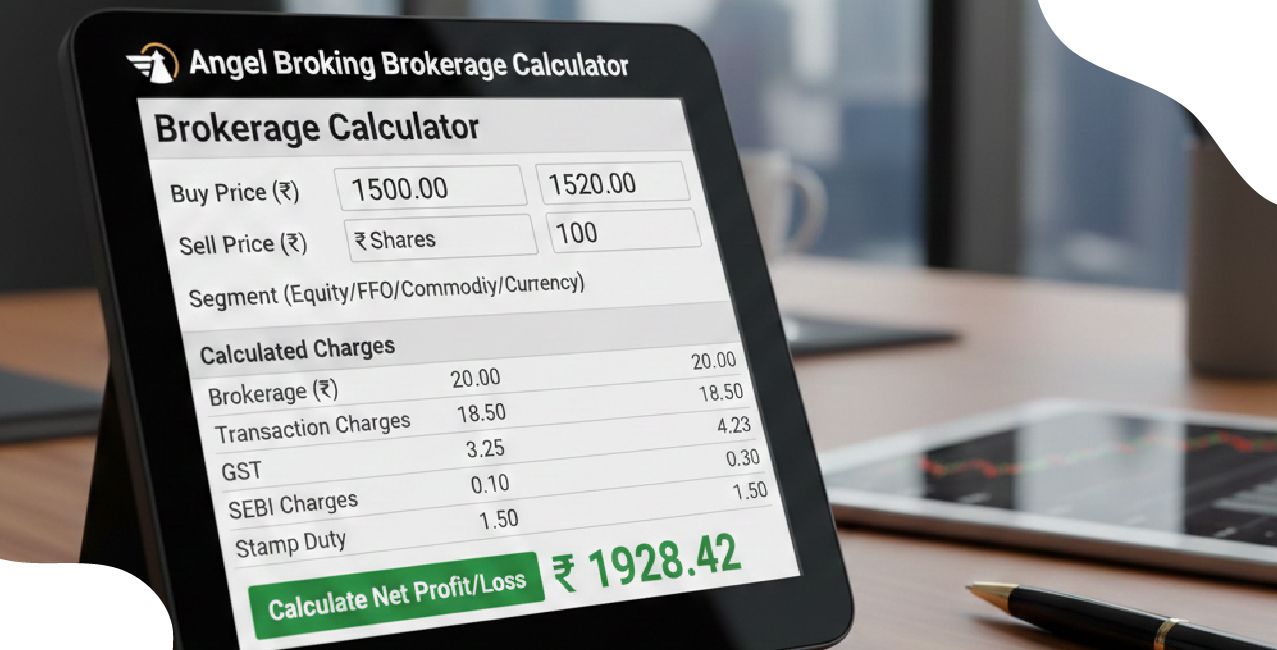How to Invest in Gold: A Complete Guide for Indian Investors

Check Your Loan Eligibility Now
By continuing, you agree to LoansJagat's Credit Report Terms of Use, Terms and Conditions, Privacy Policy, and authorize contact via Call, SMS, Email, or WhatsApp
“Imagine buying a small gold coin for ₹2,000 in 2003 and realising it is worth ₹18,000 today. Now imagine if you had bought ten.”
Gold has long held a special place in the hearts and homes of Indians. From weddings to festivals, gold is not only a cultural symbol but a financial backbone. Knowing how to invest in gold can help individuals build wealth, diversify portfolios, and secure long-term returns.
In this blog, we will explore everything; from types of gold investments to real-life examples, numerical breakdowns, and reliable platforms in India.
Why Invest in Gold?
Gold is considered a safe-haven asset. It performs well during inflation, market volatility, or currency devaluation. For centuries,
Indians have trusted gold for wealth preservation. When stock markets crash or real estate slows, gold usually shines brighter.
Benefits of Investing in Gold
Benefit | Explanation |
Inflation Hedge | Gold often retains value when inflation rises. |
Portfolio Diversification | Balances risk by reducing reliance on other volatile assets. |
High Liquidity | Can be easily sold at jewellers, banks, or online. |
Intergenerational Wealth | Gold assets can be passed down as inheritance. |
No Default Risk | Unlike bonds, gold does not carry credit risk. |
“Sona sirf gehna nahi, yeh toh desh ki dhanrashi hai.”
Different Ways to Invest in Gold in India
Understanding how to invest in gold requires exploring both traditional and modern options. Let us dive into the various methods available.
1. Physical Gold
Physical gold includes jewellery, coins, and bars. It is tangible and emotionally satisfying for many Indians. However, it involves making charges, storage issues, and risk of theft.
Example:
Mrs. Sharma from Lucknow bought a 50-gram gold bar in 2010 for ₹1,00,000. In 2024, the same gold is worth approximately ₹3,25,000. Despite zero income from it, her asset has tripled in value.
Pros:
- Can be gifted or worn
- Easily available
Cons:
- Risk of theft
- Purity concerns
- Extra charges on jewellery
Read More - How to Buy Digital Gold in 2025
2. Gold Exchange-Traded Funds
Gold Exchange-Traded Funds are digital units backed by physical gold. Each unit usually equals one gram of gold. These are traded on stock exchanges like the National Stock Exchange and Bombay Stock Exchange.
Numerical Calculation:
If one unit equals one gram and the gold price is ₹6,500 per gram, then buying 10 units costs ₹65,000. If the price rises to ₹7,100 per gram, your value becomes ₹71,000, offering a gain of ₹6,000.
Visit NSE India to view available gold Exchange-Traded Funds.
Pros:
- No storage hassle
- Regulated and secure
- Transparent pricing
Cons:
- Requires demat account
- Brokerage charges apply
“Paper mein sona lo, ghar mein chinta na ho.”
3. Sovereign Gold Bonds
Issued by the Reserve Bank of India, Sovereign Gold Bonds are government securities denominated in grams of gold. They offer a 2.5 % annual interest rate and gold price appreciation.
Numerical Example:
If you invest in 20 grams of Sovereign Gold Bonds at ₹5,800 per gram, you invest ₹1,16,000. Annual interest = ₹2,900 (2.5 % of
₹1,16,000). After 8 years, the maturity value depends on the gold price.
Purchase from RBI Sovereign Gold Bond Portal.
Pros:
- Fixed income
- Tax-free on maturity
- No making or storage charges
Cons:
- Long lock-in period
- Cannot be used as collateral easily
4. Gold Mutual Funds
Gold mutual funds invest in gold-related assets, mainly through gold Exchange-Traded Funds. These funds do not require a demat account, making them ideal for investors seeking market-linked returns without the complexities of trading platforms.
In India, several well-known Asset Management Companies offer gold mutual funds. Here are a few platforms where you can start investing:
Fund House | Example Scheme | Investment Portal |
HDFC Mutual Fund | HDFC Gold Fund | hdfcfund.com |
SBI Mutual Fund | SBI Gold Fund | sbimf.com |
ICICI Prudential | ICICI Prudential Regular Gold Fund | icicipruamc.com |
Nippon India | Nippon India Gold Savings Fund | nipponindiamf.com |
These websites allow direct online investment and provide detailed information on fund performance, NAV, and SIP options.
“Paper gold se milega sona jaisa fayda, bina locker ke chinta ke.”
Example:
Mr. Arvind from Pune invested ₹1,00,000 in a gold mutual fund in 2020. In 2024, his portfolio is worth ₹1,45,000, representing an average annual return of 10.8 %.
Year | Investment Value (₹) | Growth (%) |
2020 | 1,00,000 | - |
2021 | 1,12,000 | 12.0 |
2022 | 1,25,440 | 12.0 |
2023 | 1,37,498 | 9.6 |
2024 | 1,45,000 | 5.5 |
Pros:
- Professionally managed
- Suitable for SIP investments
- No demat needed
Cons:
- Management fees
- Returns depend on fund performance
“Sona lene ki smart way hai mutual fund ka raasta.”
5. Digital Gold
Available on platforms like Paytm, PhonePe, and Tata Neu, digital gold allows investors to buy as little as ₹1 worth of gold. The gold is stored in insured vaults on the buyer’s behalf.
Example:
Ravi from Delhi starts buying ₹500 worth of digital gold every month. After 12 months, he owns ₹6,000 worth of gold. If gold appreciates by 10 %, his total value becomes ₹6,600.
Pros:
- Flexible and accessible
- No demat or bank visit required
- 24/7 buying and selling
Cons:
- Not regulated by Reserve Bank of India
- Higher spread between buying and selling price.
Gold Price Trends in India
Understanding past performance can guide your future investment. Below is a summary of average gold prices (24 Karat) in the last six years.
Year | Average Price per gram (₹) |
2019 | 3,450 |
2020 | 4,850 |
2021 | 4,750 |
2022 | 5,100 |
2023 | 5,600 |
2024 | 6,500 |
2025 | 9,868 |
As of May 10, 2025, the price of 24 Karat gold in India stands at ₹9,868 per gram, reflecting a significant increase from the previous year. While past returns do not guarantee future performance, gold’s role as a long-term hedge is undeniable.
“Sona ki keemat badhti ja rahi hai, samay pe nivesh hi samajhdari hai.”
How Much Gold Should You Own?
Financial planners recommend allocating 5 to 15 % of an investment portfolio in gold. This ensures diversification without overexposure.
Also Read – Indians Are Choosing Gold Loans
Example Scenario:
If someone has ₹10,00,000 to invest, 10% equals ₹1,00,000. They could split it across:
₹30,000 in Sovereign Gold Bonds
- ₹25,000 in gold mutual funds
- ₹25,000 in digital gold
- ₹20,000 in gold Exchange-Traded Funds
“Zaroorat se zyada sona sirf headache deta hai.”
Factors to Consider Before Investing
Before making any decision on how to invest in gold, keep these key factors in mind:
- Purity: Ensure physical gold is hallmarked.
- Liquidity: Choose options that allow quick exit.
- Taxation: Gains from Sovereign Gold Bonds are tax-free after maturity, while physical gold attracts capital gains tax.
- Charges: Check for making, storage, management, and brokerage fees.
- Investment Horizon: Match the gold product to your financial goals.
Official Portals for Gold Investment in India
To ensure safe and secure transactions, consider the following government and reputed private platforms:
Platform | Use |
RBI Portal | Sovereign Gold Bonds |
NSE India | Gold Exchange-Traded Funds |
BSE India | Trading Gold Funds and Bonds |
Paytm Gold | Digital Gold Transactions |
PhonePe Gold | Micro Gold Investment |
Tata Neu App | Digital Gold with secure vaulting |
Conclusion: Gold is Not Just Glitter
Gold remains a robust investment option in India, deeply rooted in tradition and now supported by technology. Whether one prefers wearing their wealth or tracking it digitally, knowing how to invest in gold is essential for financial stability.
Diversification, safety, and value appreciation are the cornerstones of any wealth-building strategy. With careful planning, research, and a pinch of patience, investing in gold can prove golden in the long run.
“Sahi waqt pe sahi gold lena, future ko chamka dena.”
FAQs on How to Invest in Gold
Q1: What is the minimum amount needed to start investing in gold in India?
You can start with as little as ₹1 if you choose digital gold platforms like PhonePe or Paytm.
Q2: Are returns from gold investment taxable in India?
Yes, except for Sovereign Gold Bonds which offer tax-free maturity returns. Others attract capital gains tax based on holding period.
Q3: Can I buy gold online without a demat account?
Yes, you can invest via digital gold or gold mutual funds, both of which do not require a demat account.
Other How to Pages | ||
About the author

LoansJagat Team
Contributor‘Simplify Finance for Everyone.’ This is the common goal of our team, as we try to explain any topic with relatable examples. From personal to business finance, managing EMIs to becoming debt-free, we do extensive research on each and every parameter, so you don’t have to. Scroll up and have a look at what 15+ years of experience in the BFSI sector looks like.
Subscribe Now
Related Blog Post
Recent Blogs
All Topics
Contents
Quick Apply Loan
Consolidate your debts into one easy EMI.
Takes less than 2 minutes. No paperwork.
10 Lakhs+
Trusted Customers
2000 Cr+
Loans Disbursed
4.7/5
Google Reviews
20+
Banks & NBFCs Offers
Other services mentioned in this article








